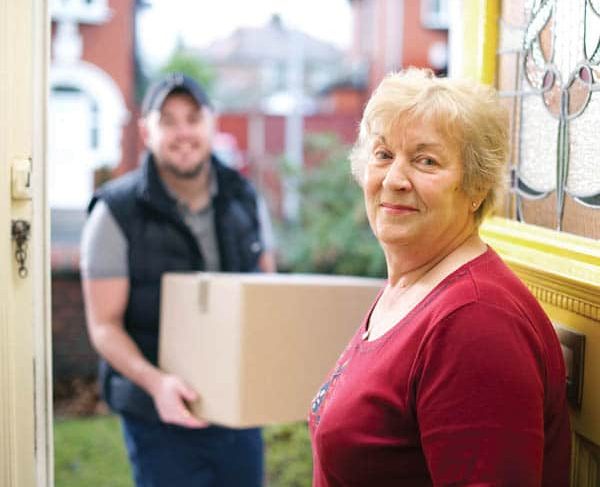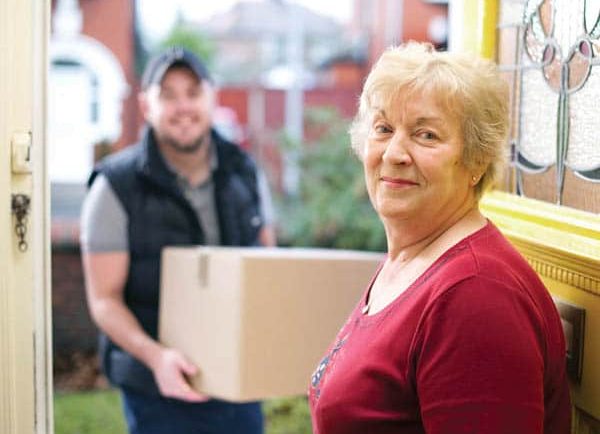
As adults age into their 50s and 60s, many are ready to downsize.

Sometimes children or family members are out of town and unable to help. Adult children may need to clean out a home of a loved one but do not have the time or know how to go about it. Organizing the process and decluttering take tremendous effort and time. It is mentally and physically draining. We have moved hundreds of seniors and understand the stress and strain of it all.
Cleaning out the home of a loved one, especially if they are a senior or have accumulated a lot of belongings over the years, can indeed be a challenging and emotionally draining task. It’s essential to approach this process with care and sensitivity. Here are some steps and tips to help adult children or family members manage this challenging situation:
- Plan and Prioritize: Start by making a plan. Determine what needs to be done, and create a checklist of tasks. Prioritize items based on their sentimental value, practicality, and importance.
- Communicate: If possible, involve the senior family member in the decision-making process. Discuss what items are most valuable to them and which ones can be let go. Be patient and understanding of their attachment to belongings.
- Allocate Sufficient Time: Cleaning out a home thoroughly can take a significant amount of time, so plan accordingly. Don’t rush the process, as it can be emotionally taxing for everyone involved.
- Seek Professional Help: If the task feels overwhelming or if there are specialized needs like estate sale planning, consider hiring professionals who specialize in senior downsizing or estate cleanouts. They can provide valuable expertise and assistance.
- Sort and Categorize: Divide items into categories such as keep, donate, sell, and discard. Use labeling or color-coding systems to make this process more efficient.
- Emotional Support: Recognize that the process may bring up emotions for both you and your loved one. Offer emotional support, and consider involving a counselor or therapist if the emotional strain is significant.
- Preserve Memories: Create a memory box or scrapbook to save sentimental items or photographs that may not fit in the new living situation. This can help ease the emotional burden of letting go.
- Donate or Sell: Many items may still have value or could benefit others. Consider donating gently used items to charities or selling them through garage sales, online platforms, or estate sales.
- Dispose Responsibly: Properly dispose of items that cannot be donated or sold. Recycle or discard them following local regulations.
- Document and Organize: Keep important documents, such as legal papers, financial records, and medical records, organized and secure throughout the process.
- Take Breaks: Cleaning out a home can be physically and mentally exhausting. Take regular breaks to rest and recharge.
- Celebrate Progress: Acknowledge the achievements and progress made during the cleanout process. It can be a challenging journey, but recognizing milestones can provide a sense of accomplishment.
Remember that every family’s situation is unique, and the process may vary accordingly. The key is to approach it with empathy, patience, and a well-thought-out plan to minimize stress and strain during this challenging time.
Go Below and Contact Us Today We Would Love To Help








